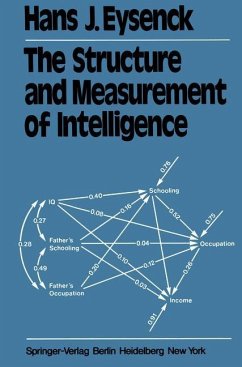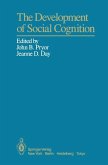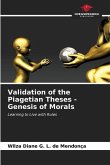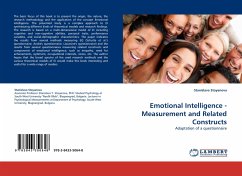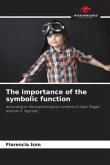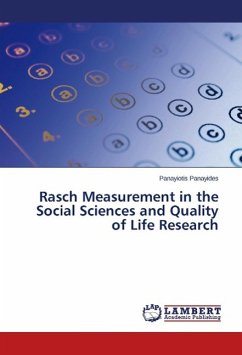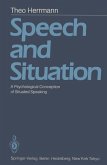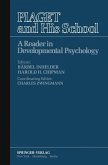It is generally and rightly considered a virtue in a teacher to observe accurately the differences in ability among his pupils, and to discover the direction in which the nature of each particularly inclines him. There is an incredible amount of variability in talent, and the forms of minds are no less varied than the forms of bodies Quintilian (70 A. D. ) There are many good books on Intelligence, such as Cattell's (1971) monumen tal and original contribution, or Matarazzo's (1972) careful and scholarly analy sis, or Butchers (1968) excellent introduction. Other outstanding contributions are mentioned in the course of this volume. This suggests that an author must have a good reason for venturing to offer another tome where so much is already available to satisfy even the most discriminating customer. There is indeed a powerful reason why the time may be ripe for another book on intelli is a very simple one: much has happened in recent years to gence. This reason alter our viewson many issues which at one time looked like being closed. Hardly any of these advances have found a place in the books now available, and it seemed desirable to incorporate them in a new text which would be as up to-date as it is possible to be considering the inevitable delays in writing and publishing a textbook.
Bitte wählen Sie Ihr Anliegen aus.
Rechnungen
Retourenschein anfordern
Bestellstatus
Storno

